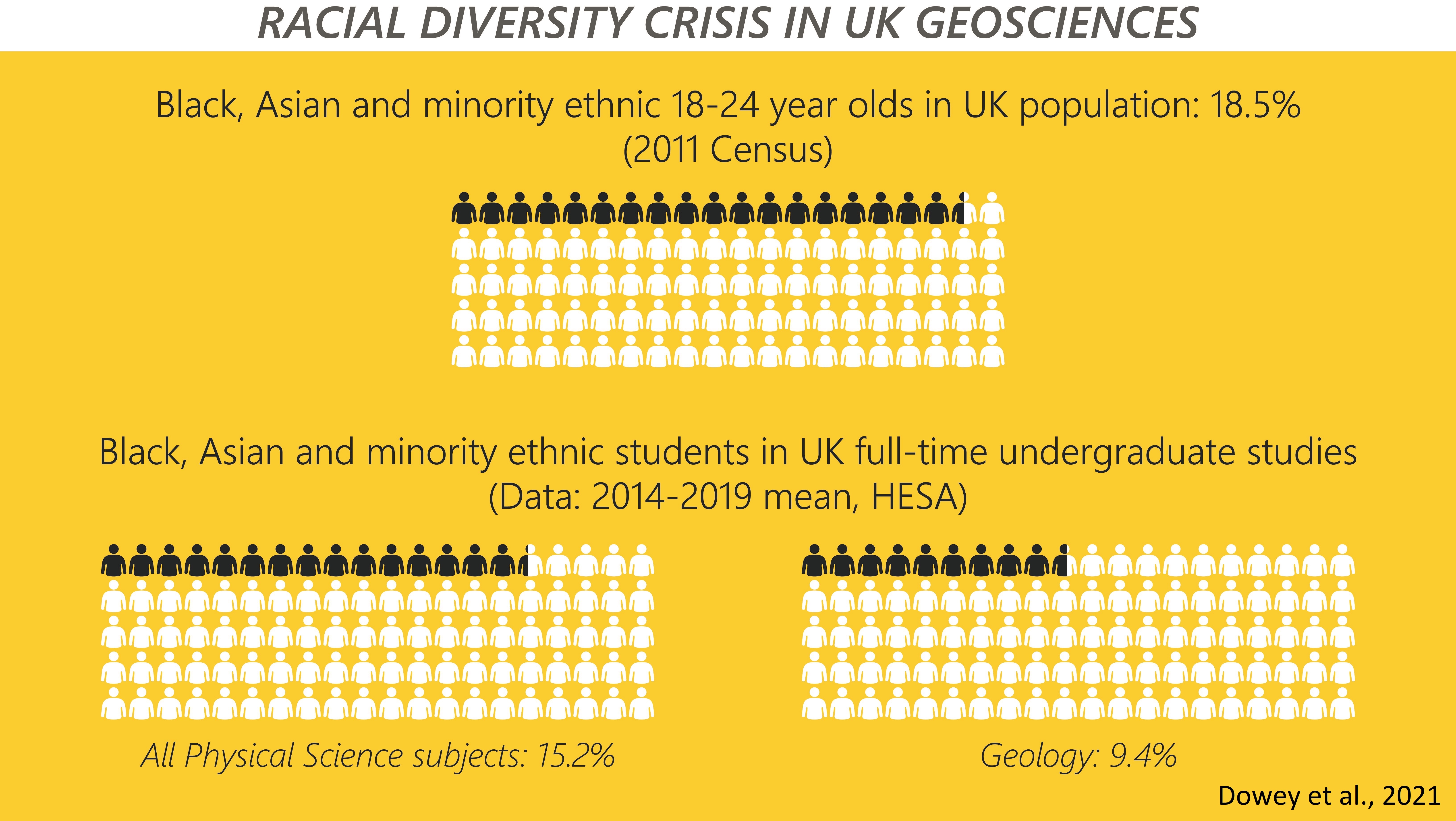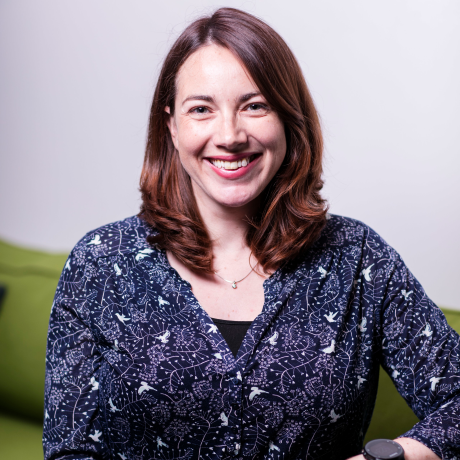GeoCoLab the Why?
The foundations of a discipline shape the way in which knowledge is created, by whom, for what, and dictates who is allowed to generate knowledge (Collyer, 2016; Winkler 2018). Geoscience as an academic pursuit was born from colonialism, allowing for Western knowledge and scientists to dominate the discipline (Carey 2016). This manifests in a number ways. In the Global North, there is a lack of diversity in those who pursue geoscience research, and minoritised researchers struggle to access quality mentorship, funding, networks, opportunities and therefore are more likely to be pushed out of their careers (Bernard and Cooperdock, 2018; Dutt 2020, Marin-Spitotta et al., 2020), Dowey et al., 2021). But, the Global North dominates Geoscience publications regardless of the country in which the study is based (North et al., 2020; Raja et al., 2021). Men from the Global North are disproportionately awarded Society honours and medals (Mukasa, 2009; Pourret et al., 2021). The end result being that geoscience research is created by and for a small subset of the global population (white, cis, straight, able-bodied men).

In this Hackathon, we wanted to explore how analytical geoscience research fit this narrative. Much geoscience research relies on access to analytical facilities and funding to create the most fundamental datasets. Who has access to analytical facilities in the UK and globally, and how does this access affect the careers of individual researchers? How does access to facilities impact the ability to publish research? Who is publishing the analytical research that underpins Earth Science?
We used an online survey to understand how different groups (e.g. minority groups, career stages, nationality, geographical location) access analytical facilities globally, how this has changed throughout their careers, how this is affected by funding, and how this impacts their avenues of research and their ability to publish. We then did an analysis of the PetDB Database (www.earthchem.org/petdb), which curates global chemical, isotopic, and mineralogical data from peer-reviewed literature. We reviewed journals in the database and analysed lead authorship, authorship lists and sample localities to assess the extent of parachute (or colonial) science in the discipline.
We found from our online survey that access to analytical facilities was unequal both in the UK and globally, disproportionately affecting different minority groups. We found that lack of reliable access to facilities resulted in paper rejections, changes in research focus and changes in career trajectory. This is reflected in our analysis of the PetDB database which shows a strong bias towards research groups in the Global North and a tendency to parachute science.
In subsequent posts, we will explore these results in detail. Meanwhile, our survey remains open if you want to add your story to our data set click here.
GeoCoLab, our ‘match-making app’ to link under-served researchers with analytical facilities is in progress. We need labs to partner with us. If you want to submit an expression of interest for your lab, please do so here.
